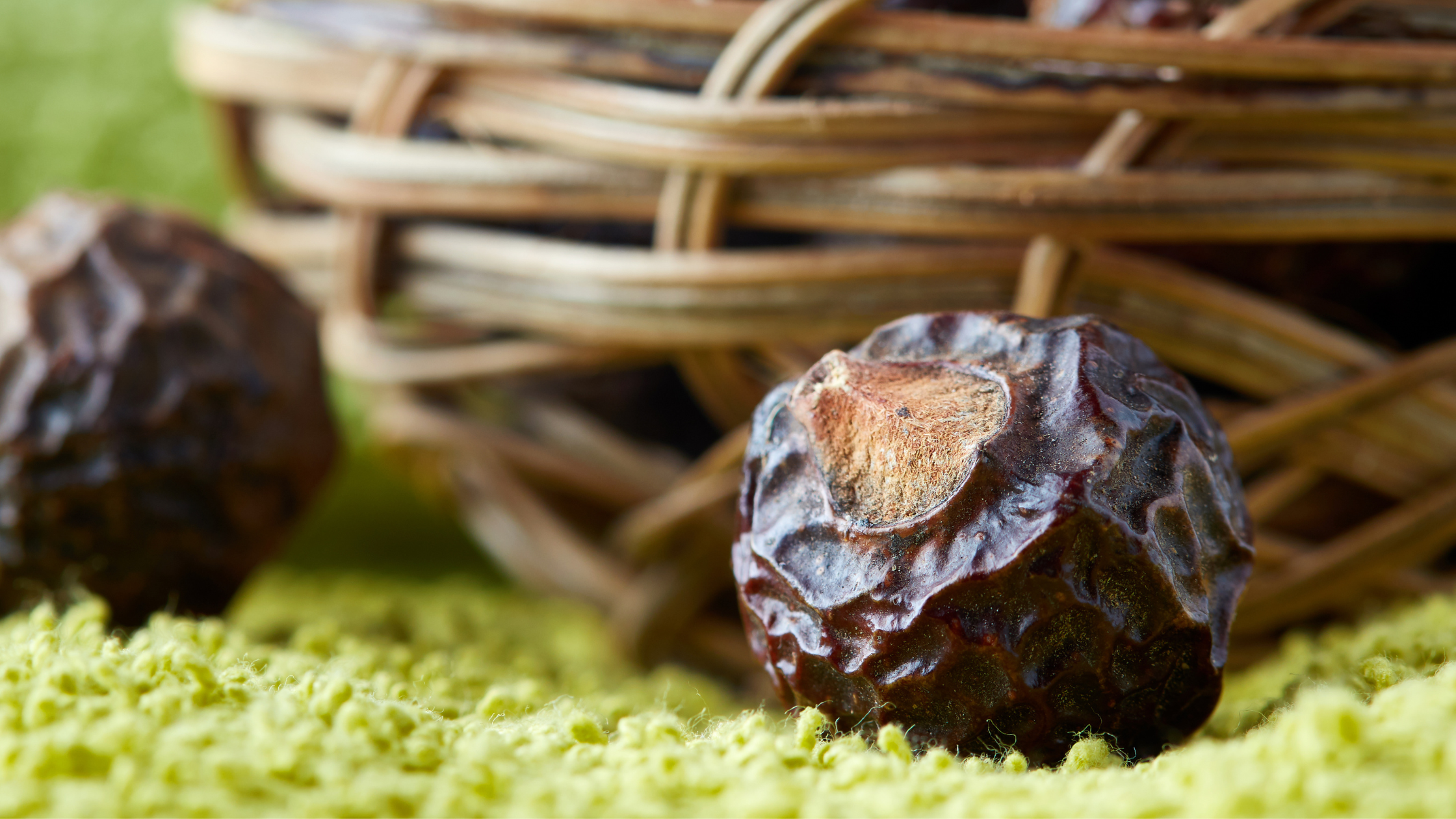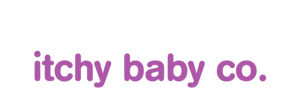Managing Eczema: Which Laundry Detergent is Best?

Managing Eczema: Which Laundry Detergent is Best?
As a parent, you may have noticed that managing your child's eczema requires attention to detail when it comes to what their skin comes into contact with. Eczema-prone skin can be easily triggered by a range of factors, including the laundry detergent used to wash their clothes and bedding. The chemicals, dyes and fragrances in conventional laundry detergents can irritate the skin, causing it to become red, itchy, and inflamed.
It's no surprise that many parents ask about the best laundry detergent for eczema or laundry detergent alternatives. If you or your child have eczema or sensitive skin, you should always choose a hypoallergenic laundry detergent formulated for sensitive skin that's free from fragrances and dyes.
One option that has been gaining popularity in recent years is organic soapberries. These natural alternatives are hypoallergenic and free of harsh chemicals, making them a gentler option for eczema-prone skin. They are also biodegradable, making them an environmentally friendly choice.
By switching to organic soapberries, you may be able to provide relief for your child's eczema symptoms while also reducing their exposure to potentially harmful chemicals. As always, it's important to consult with a healthcare provider to determine the best course of action for managing your child's eczema.
What are Soapberries?
Soapberries are a highly recommended all-natural and sustainable alternative to traditional chemical laundry detergent. This is especially relevant for individuals suffering from eczema, dermatitis, psoriasis, skin sensitivities, or any other skin allergies. These berries possess inherent hypoallergenic properties, rendering them gentle enough to use on baby clothes, including cloth nappies. Additionally, soapberries have a natural antibacterial and antifungal composition, allowing them to effectively eliminate germs and eradicate odors, all while being entirely fragrance-free.
Where can I find organic soapberries?
In order to gain a better understanding of soapberries and their benefits, I reached out to That Red House, a reputable Australian company specializing in organic soapberries. It was revealed that these berries are sourced from the pristine Himalayan mountains, where they possess a plentiful amount of saponin, a natural soap-like substance. Once exposed to water, the soap is effortlessly released, making them a phenomenal laundry detergent alternative.
Remarkably, soapberries are not subjected to any form of processing. Rather, they are hand-picked from the Sapindus Mukorossi tree, a fruit-bearing tree, and dried naturally in the sun. This renders them raw, vegan, paleo, completely natural, and devoid of any added chemicals, fragrances or harmful ingredients. In fact, they have been utilized for thousands of years in ancient cultures and are currently experiencing a resurgence in popularity.
How do you use soapberries as a laundry detergent?
Using soapberries is incredibly easy! All you need to do is place five berries into the cotton bag that comes with your soapberries and toss it in with your laundry in the washing machine. You can use cold water, and they work well in both front and top loaders. If your load is particularly soiled, you may want to consider using warm water, as this will help draw out more soap from the berries. It's that simple!
Other laundry tips for children with eczema-prone skin
By adopting a few eczema-friendly laundry habits, you can hopefully minimise the chances of your little one reacting to detergents or chemicals in the fabrics in your home:
- Always use hypoallergenic 'sensitive' laundry products (including detergents, fabric softeners and dryer sheets) that are free from fragrances and dyes
- Add an extra rinse at the end of your washing machine cycle to reduce any product residues on your child's clothing
- Always wash new clothing, bedding, towels and soft toys that your little one's skin will come in contact with before they are used for the first time. New fabrics can contain chemical residues from manufacturing that can irritate sensitive skin.
- Avoid overloading your washing machine, as it can mean the items are not washed and rinsed as well, which can leave lingering detergent residue on fabrics
- Don't 'overdose' on detergent - use only the amount recommended on the product label
- Wash bedding in hot water (over 60°C) regularly to kill any dust mites that can trigger eczema flare-ups.
We really hope this helps in managing your little one’s eczema.
This blog post was brought to you and your baby with love from the Itchy Baby Co. team. Xx
Disclaimer: Information provided is of a general nature only, and you should always consult your medical professional.

